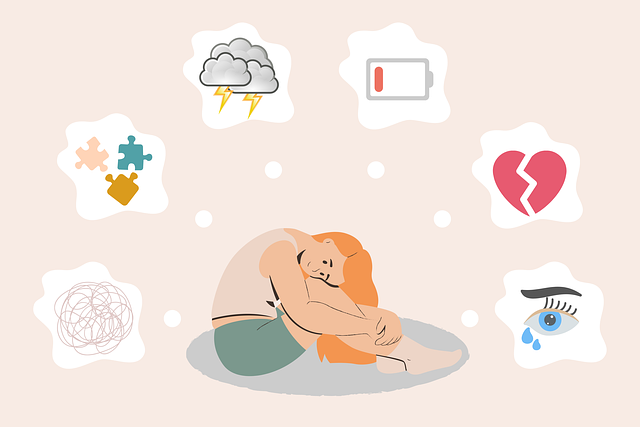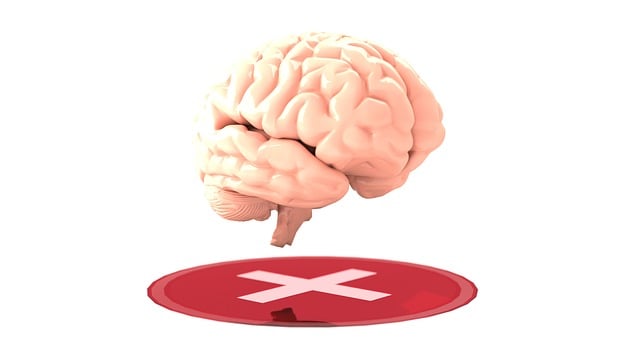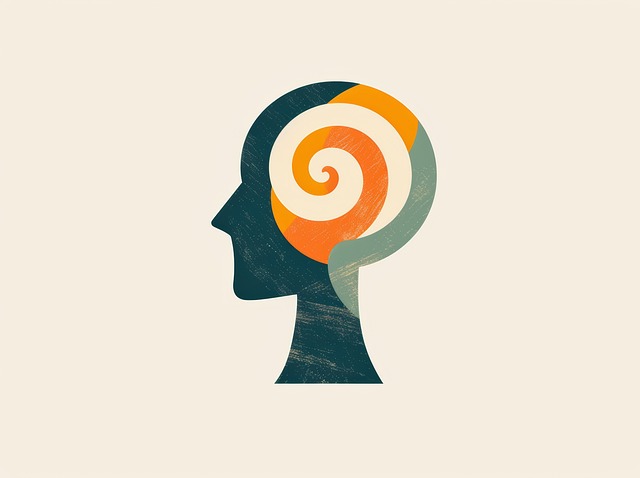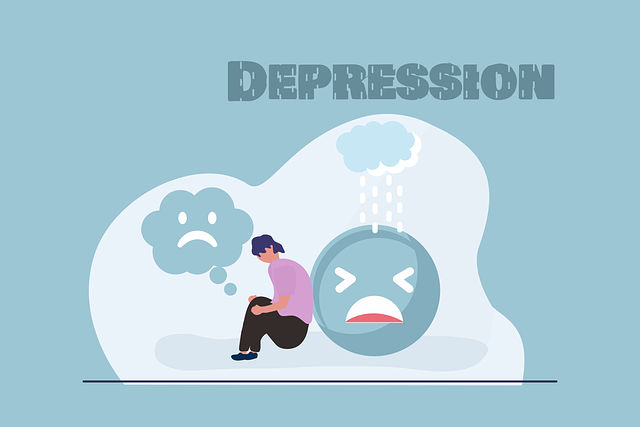Denver psychosis therapy offers a holistic approach to emotion regulation, emphasizing self-awareness, coping strategies, and interpersonal dynamics. Through culturally competent mental health education programs, individuals learn techniques like mindfulness, cognitive reframing, and stress management to manage triggers, improve well-being, and achieve life goals. This evidence-based method fosters emotional intelligence, enhances relationship strength, and promotes a higher quality of life by empowering clients with self-care tools tailored to their needs.
Emotion regulation techniques are essential tools for navigating life’s challenges. This article explores various strategies, from understanding emotion regulation’s core concept to practical daily practices that foster emotional resilience. We delve into Denver Psychosis Therapy, a unique approach to achieving emotional balance, and highlight the importance of identifying triggers. Additionally, we discuss integrating mindfulness and cognitive strategies in therapies, offering readers a comprehensive guide to managing emotions effectively.
- Understanding Emotion Regulation: Unraveling the Concept
- Denver Psychosis Therapy: An Approach to Teaching Emotional Balance
- Identifying Triggers: Recognizing Patterns for Effective Regulation
- Techniques for Daily Practice: Building Tools for Emotional Resilience
- Integrating Mindfulness and Cognitive Strategies in Therapies
Understanding Emotion Regulation: Unraveling the Concept

Emotion regulation is a complex process that involves understanding and managing one’s feelings in healthy ways. It is about recognizing when emotions arise, interpreting their meaning, and responding to them constructively rather than reactively. This skill set is crucial for maintaining mental well-being, fostering strong relationships, and achieving personal goals. For individuals struggling with emotional challenges, such as those seeking Denver psychosis therapy, learning effective emotion regulation techniques can be transformative.
The concept intertwines various aspects of psychological functioning, including self-awareness, coping strategies, and interpersonal dynamics. Healthcare providers play a vital role in teaching these skills, especially through Cultural Competency Training, which equips them to support diverse populations. By integrating Empathy Building Strategies into therapy sessions, mental health professionals can enhance the therapeutic relationship, enabling clients to explore and express their emotions safely. Additionally, designing Mental Health Education Programs that focus on emotion regulation offers individuals valuable tools for self-care and resilience, ultimately improving their overall quality of life.
Denver Psychosis Therapy: An Approach to Teaching Emotional Balance

Denver Psychosis Therapy offers a unique and effective approach to teaching individuals how to achieve emotional balance. This therapeutic method focuses on empowering people to manage their emotions, a key aspect of overall mental well-being. By employing evidence-based techniques, this therapy helps clients develop resilience in the face of stressful situations, thereby preventing burnout. The core principles revolve around mind over matter—teachings that encourage individuals to take control of their thoughts and emotions, fostering self-awareness and emotional intelligence.
Through structured programs, Denver Psychosis Therapy guides participants in creating personalized self-care routines tailored for better mental health. These routines include stress management strategies, mindfulness exercises, and cognitive reframing techniques. By integrating these practices into daily life, individuals learn to respond to challenging emotions more adaptively, leading to improved emotional regulation and overall quality of life.
Identifying Triggers: Recognizing Patterns for Effective Regulation

Identifying triggers is a crucial step in emotion regulation techniques teaching. By recognizing patterns in our emotional responses to certain situations or stimuli, we can better understand what sets off our feelings of stress, anxiety, or depression. This process involves keeping a mental log of recurring scenarios that lead to intense emotions and analyzing the underlying causes. For instance, someone struggling with Denver psychosis therapy might realize that specific social interactions or noise levels trigger their symptoms, allowing them to proactively manage these situations.
For mental health professionals, conducting a risk assessment is essential in this context. They must be adept at helping clients identify personal triggers through open dialogue and observation. This skill not only aids in depression prevention but also plays a pivotal role in anxiety relief strategies. By teaching individuals to recognize their unique emotional triggers, professionals empower them to develop effective coping mechanisms tailored to their specific needs, fostering better mental health management.
Techniques for Daily Practice: Building Tools for Emotional Resilience

Emotion regulation techniques are essential tools for building emotional resilience, which can be cultivated through daily practice. At Denver Psychosis Therapy, we emphasize a holistic approach, encouraging individuals to integrate these skills into their everyday lives. Simple yet effective methods include mindful breathing exercises, where focusing on inhalation and exhalation calms the mind and body, reducing stress and anxiety. Regularly practicing this technique throughout the day can help individuals stay grounded in intense moments.
Additionally, keeping a mental wellness journal is a powerful crisis intervention guidance tool. Writing down emotions and experiences allows for self-reflection and helps identify patterns. This cultural sensitivity in mental healthcare practice approach is tailored to individual needs, promoting personal growth. For instance, some may find solace in creative expressions like art or music therapy, while others might prefer physical activities or mindfulness walks in nature. These exercises foster emotional intelligence and provide healthy coping mechanisms for managing life’s challenges.
Integrating Mindfulness and Cognitive Strategies in Therapies

In Denver psychosis therapy, integrating mindfulness and cognitive strategies offers a powerful approach to emotion regulation. Mindfulness involves focusing on the present moment, observing thoughts and feelings without judgment, which can help individuals detach from intense emotions and gain perspective. Cognitive strategies, on the other hand, involve identifying and challenging negative thought patterns, replacing them with more realistic and balanced perspectives. Combining these techniques allows for a comprehensive emotional toolkit.
By incorporating mindfulness into therapy sessions, practitioners guide clients in developing self-care routines tailored to their unique needs. This includes practices like meditation, deep breathing exercises, and mindful walking, which enhance mental health awareness and promote effective conflict resolution techniques. Such integration not only empowers individuals to manage their emotions more effectively but also fosters a sense of resilience, enabling them to navigate life’s challenges with greater ease and clarity.
Emotion regulation techniques, as taught through innovative approaches like Denver Psychosis Therapy, offer a powerful pathway to achieving emotional balance. By understanding the concept, identifying personal triggers, and integrating mindfulness with cognitive strategies, individuals can build resilience and effectively navigate life’s challenges. These practices empower folks to transform their emotional responses, fostering a symphony of mental well-being in their daily lives.








